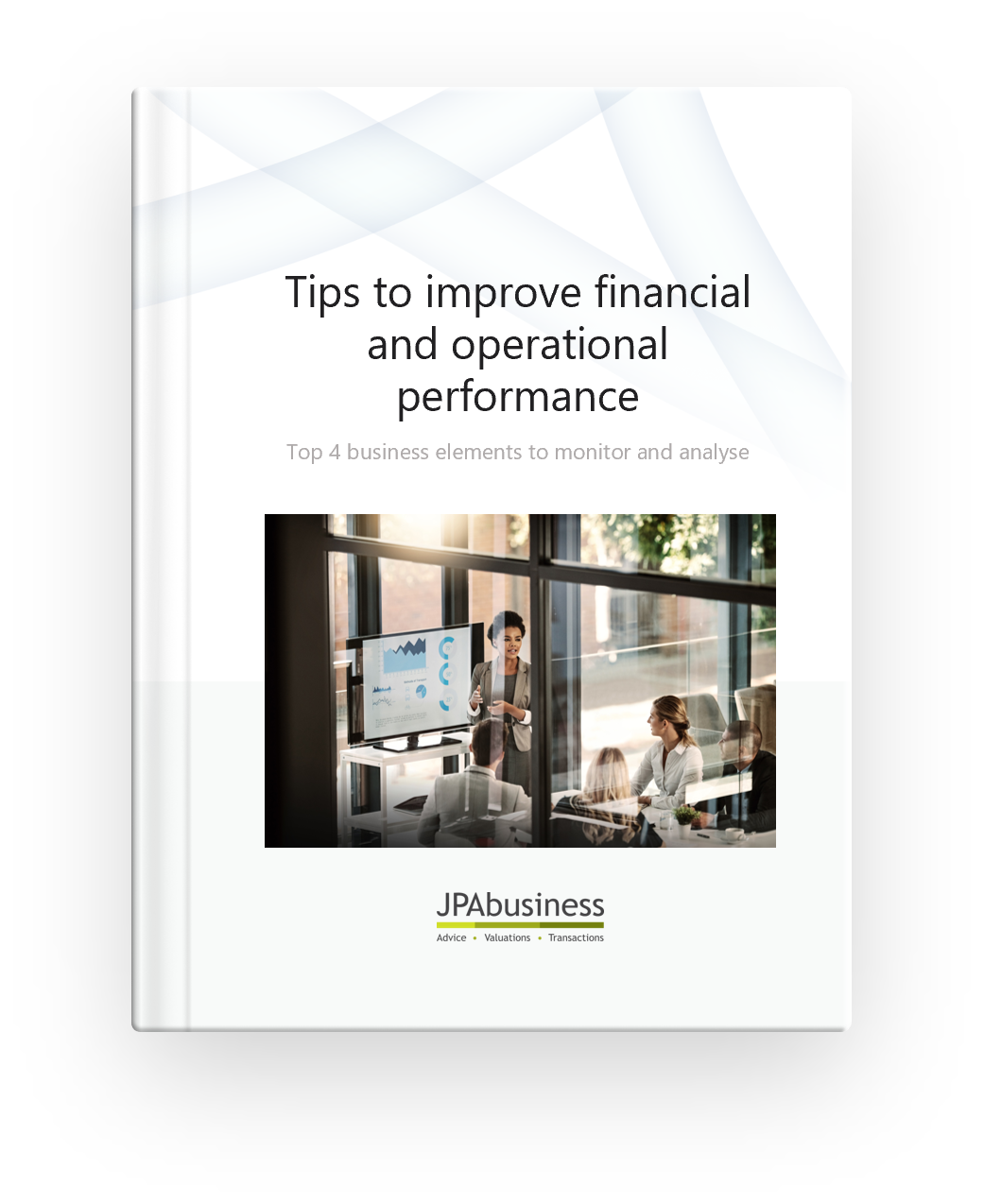
Whether you’re just starting up a business for the first time, buying a new business, or running an existing one, a common challenge is how to get the best value from your accountant.
Business owners can pay anywhere from a few hundred dollars a month to thousands of dollars a year for accounting and related services, but it’s not always clear what they should receive from that investment.
While the services and cost will ultimately depend on the scope agreed at the outset, I’ve found it’s not always “pay more and you get more”. Certainly it can be, but what is critical is to first understand the capability and experience an accountant has in terms of the services you need.
Don’t be afraid to ask, get a quote, have a ‘try before you buy’ session and seek referees i.e. other clients you can talk to about their experience and whether they are getting value.
5 services I expect from an accountant
- Reporting in review – Reporting to you monthly on the performance of the business versus budget, within 5 business days of the end of each month:
- Actuals vs budget
- $ and % variance of key items
- Reasons for the variance (important, as this identifies potential refinements for you as a manager to effect changes dynamically)
- Health factor benchmarks (short and longer term)
- These should be discussed and agreed with you at the outset and in the context of putting the budget together. They may vary depending on the business and its stage of growth, and also how it is funded (equity/cash and/or debt). There should be no more than 5–6 key measures and they should be tracked and reported on. For example:
- Short term – for an early-stage business going through changes and growth, measures relating to surplus cash and earnings, working capital and cash flow, and meeting your commitments are very important;
- Longer term – measures relating to return on invested funds, business value and wealth, and balance sheet strength are important.
- These should be discussed and agreed with you at the outset and in the context of putting the budget together. They may vary depending on the business and its stage of growth, and also how it is funded (equity/cash and/or debt). There should be no more than 5–6 key measures and they should be tracked and reported on. For example:
- Lodgement of ASIC, ATO, superannuation and other statutory requirements – They should have a list of these that they lodge and submit on your behalf, and give you advance warning of them, should they need your input and execution as a Company Director.
- Budgets – Set-up of annual business budget (month by month), including Profit & Loss and Balance Sheet, and ideally also a Cash Flow Statement, including testing assumptions with you in the set-up phase.
- Advance planning
- End-of-year tax and wealth planning (at least 3 months prior to end of Financial Year) e.g. dividend strategy, optimal approach to taxation, wealth and other impacts on shareholder position.
- Business planning for the next financial year (at least 3 months prior to end of Financial Year).
[Note: a. and b. are important and should ideally happen together as the potential outcomes, issues and risks will impact and inform the agreed strategy.] - Ad hoc business strategy advice – you need to feel you can call your accountant and get advice on the following, as and when you need it, to make business decisions:
- New equipment purchasing – timing and funding, and impacts on broader financial position;
- Funding growth – cash injection and earnings (funding out of the business) vs borrowing vs shareholder loans, pros and cons and capacity of business and other capital/wealth considerations;
- New staff – contractors vs employees – tax and other requirements and impacts on the business;
- Growth opportunities or risk issues that arise – how they might impact the financial performance and related issues, and optimal ways to set up;
- Company Director and ASIC responsibilities and governance – solvency, decision making, other reporting (also see above in Point 2).
- Business structuring advice for asset protection, wealth development, exit and effective business operations.
- Trusted advisor – Most importantly, you should feel that your accountant is a trusted advisor who has the company’s interests at heart. They need to be looking at the whole picture of the business and the directors’ goals, while thinking dynamically and offering you strategically sound advice to optimise the outcome for the company. They also need to give ‘frank and fearless’ independent advice – advice you may not want to hear, but need to hear – in the context of making the best decisions for the company.
Get in touch
If you’re questioning the value from your existing accounting services and need assistance deciding what's required to run your business successfully, we’d be pleased to help. We can provide some tips, from our experience, as to what really matters and what to look for. Contact the JPAbusiness team on 02 6360 0360 or 02 9893 1803 for a confidential, initial discussion.

